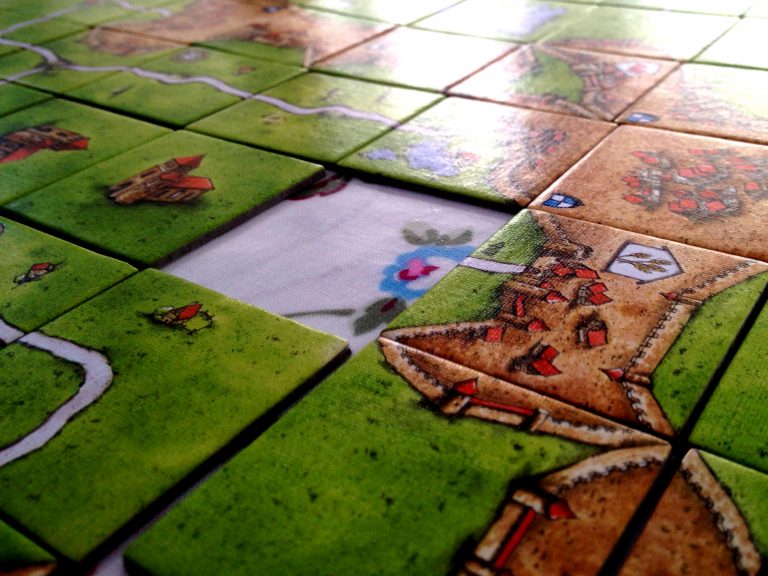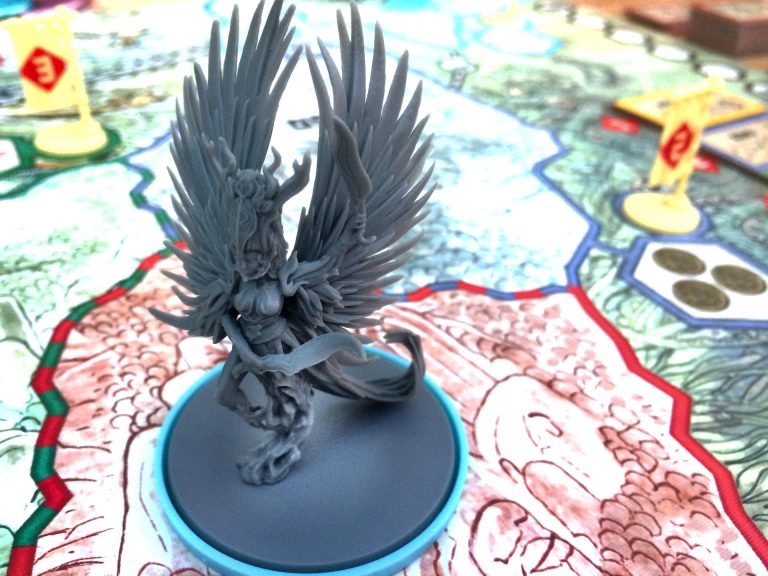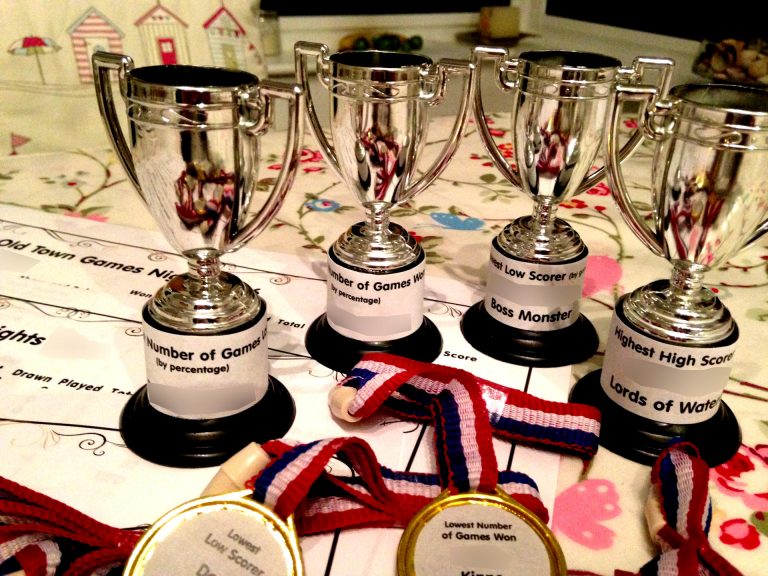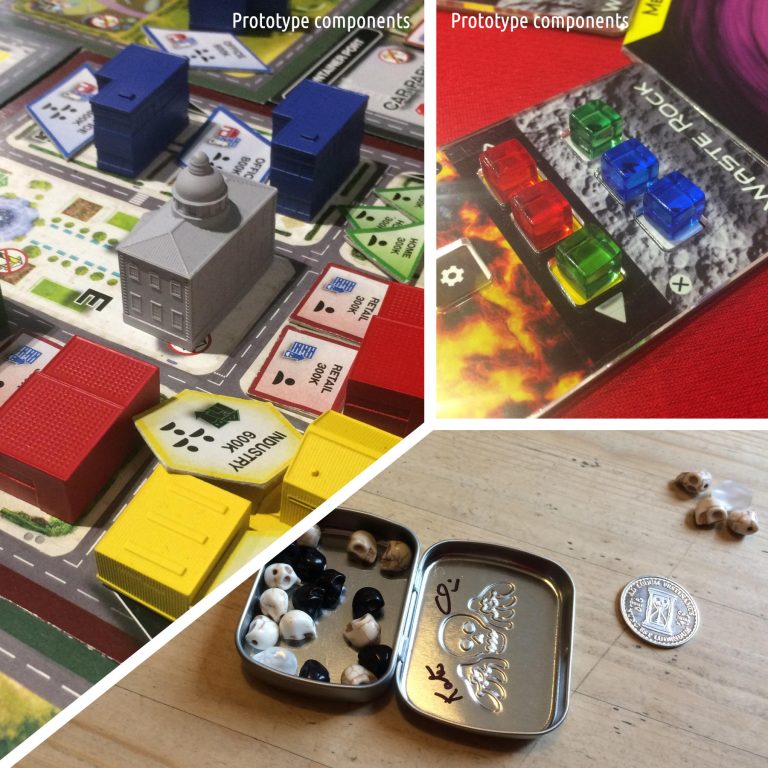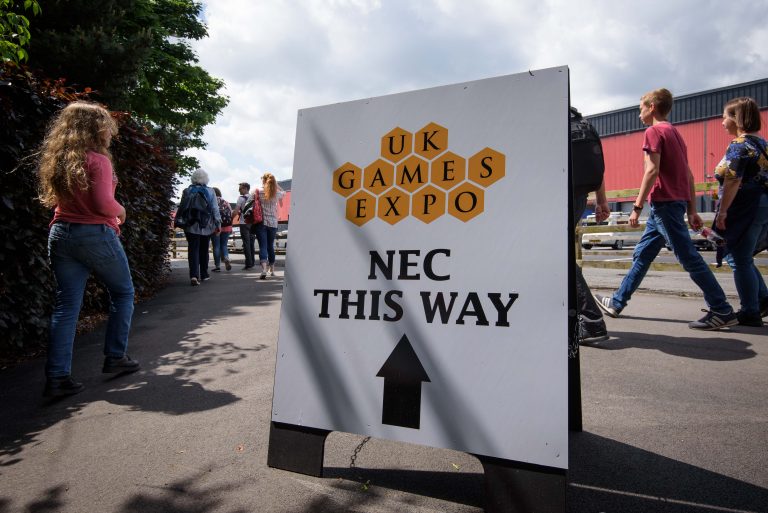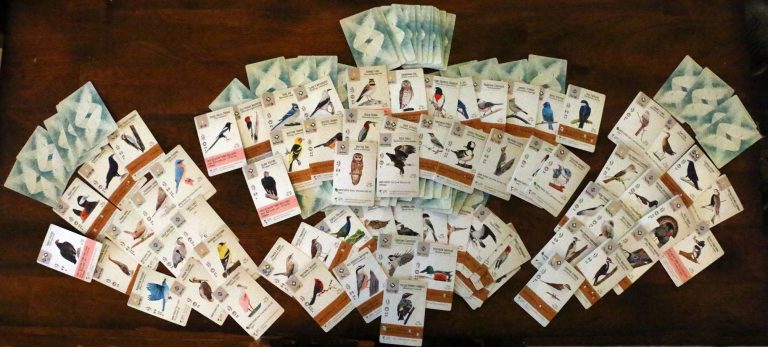Play styles (Topic Discussion)
We all play games for different reasons, and we all approach them differently. In fact, we may play the same game differently on two different days, just because we're in a different mood. However, I'm not talking about playing a different strategy or choosing a different character or even just playing with a different player colour. I'm talking about something different altogether.


